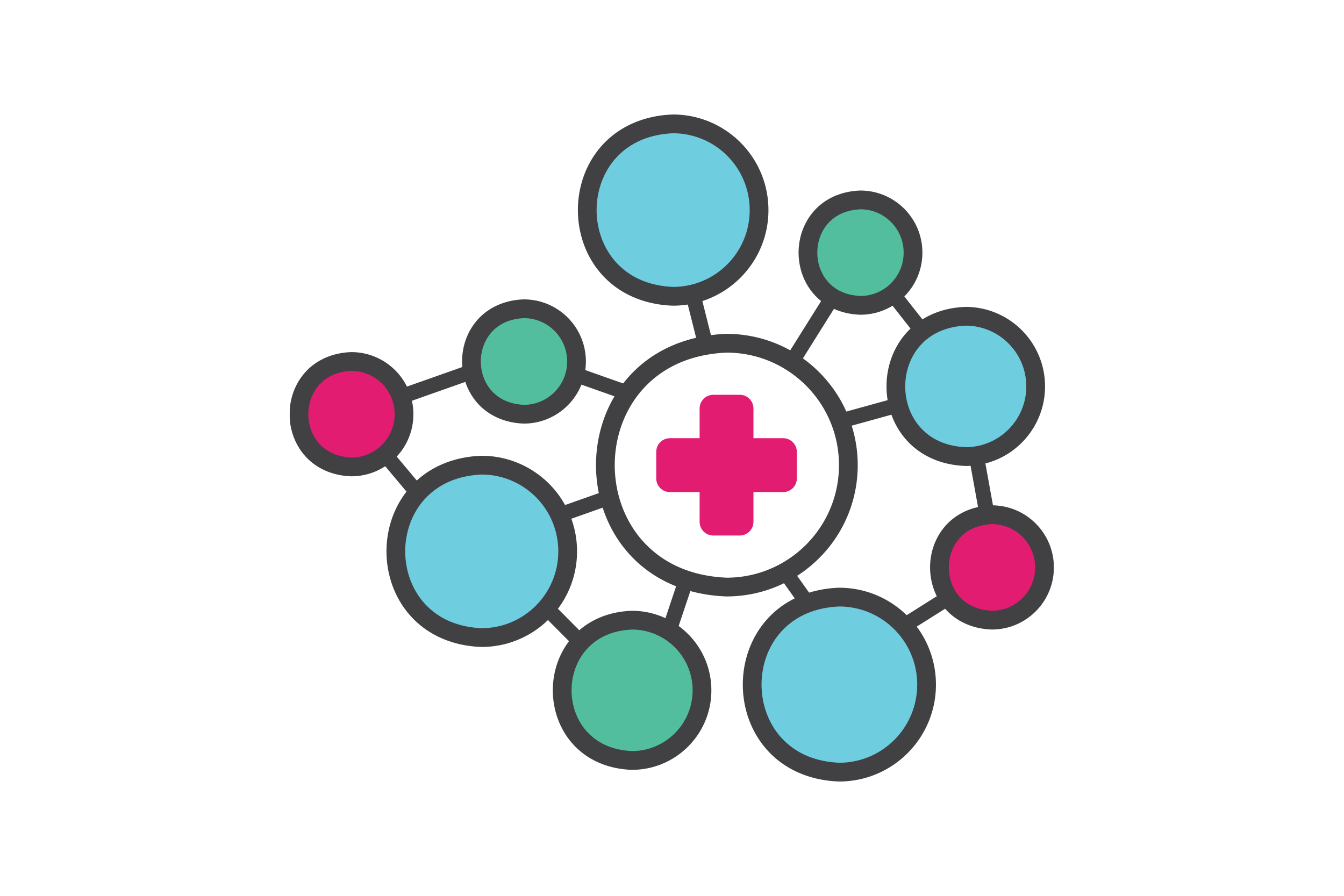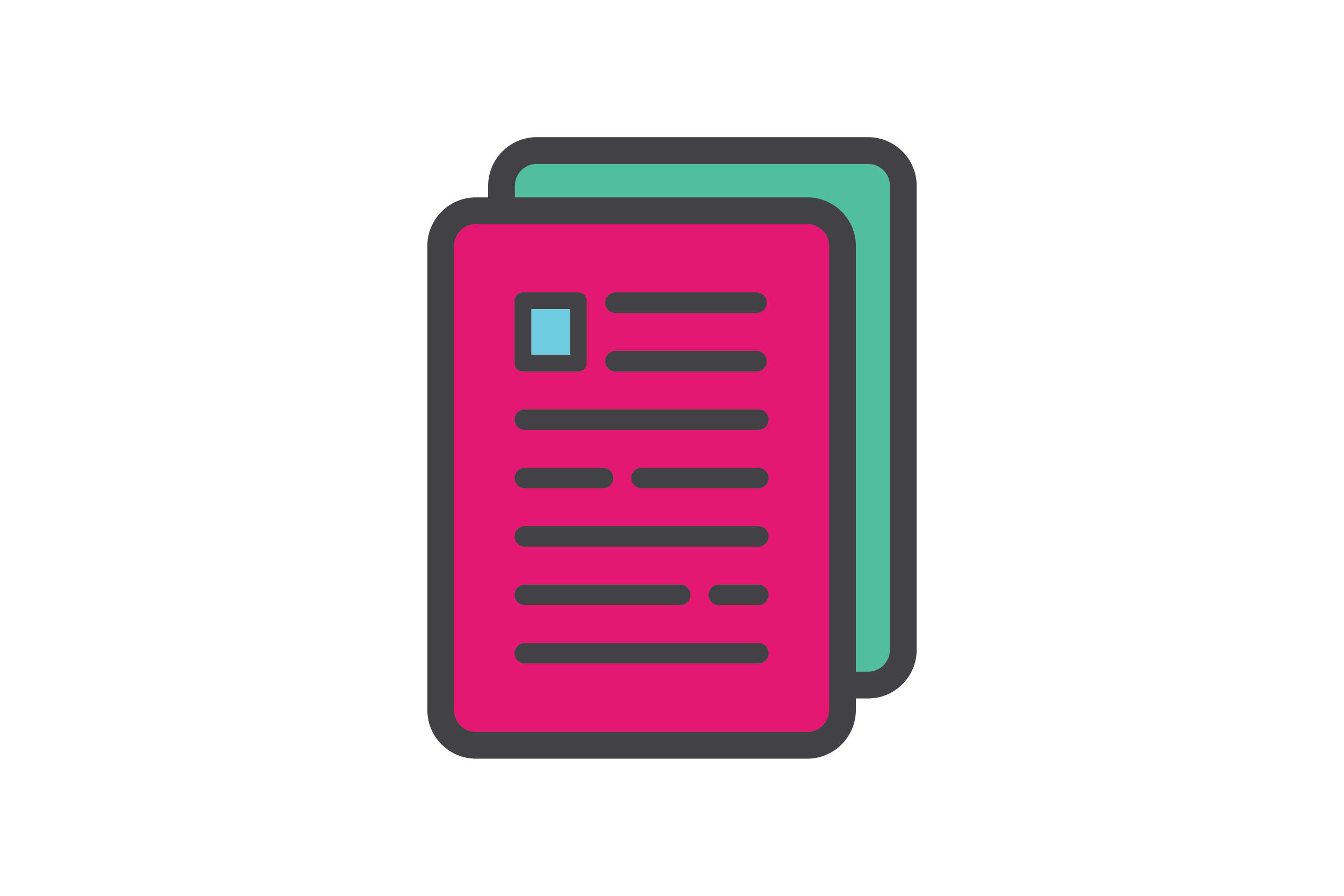Evidence gaps and challenges in maintaining and increasing vaccine uptake: A Delphi survey with Australian stakeholders – Penelope Robinson et al.
Increasing and maintaining vaccination uptake is crucial for preventing and managing infectious diseases. In the context of the post-coronavirus disease 2019 (COVID-19) pandemic landscape, this paper examines the perceptions of immunisation implementers and policymakers to uncover the challenges and evidence gaps in routine immunisation efforts.





